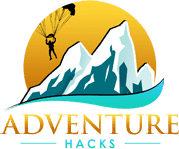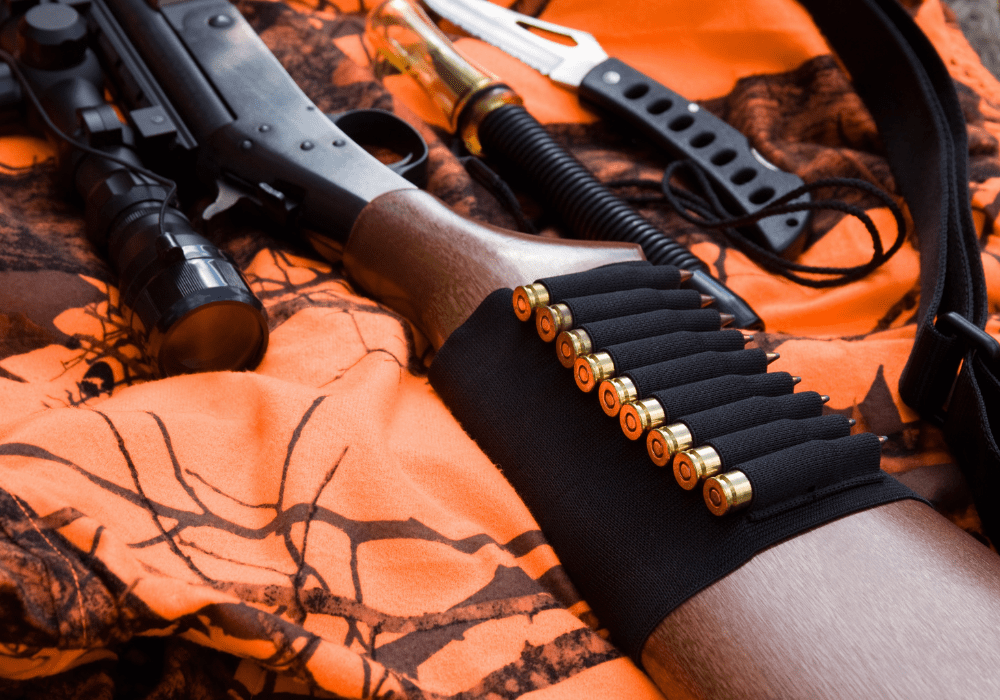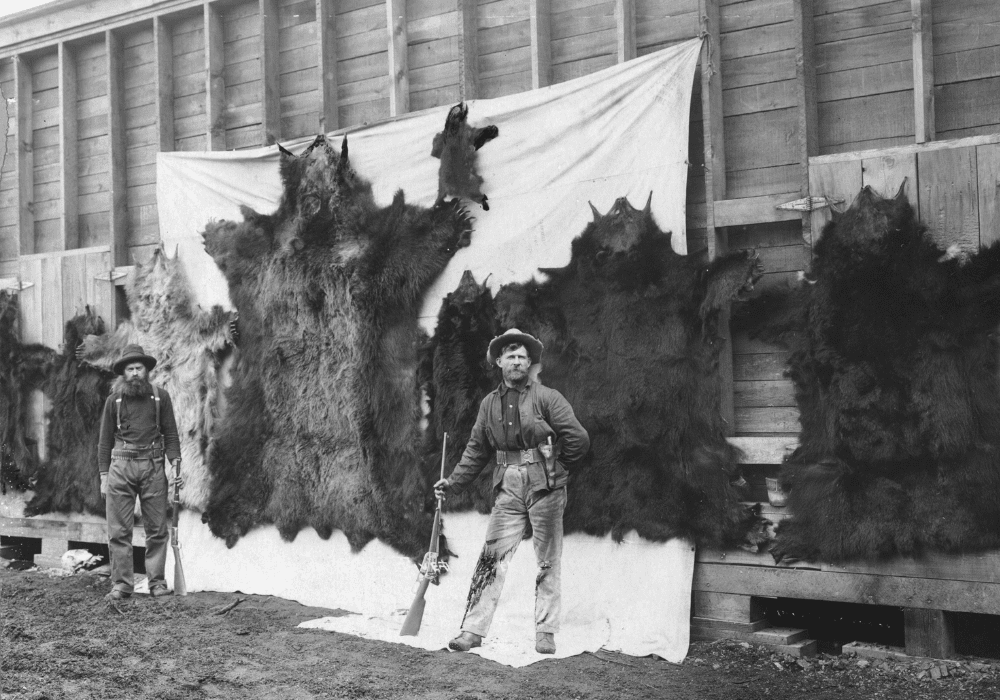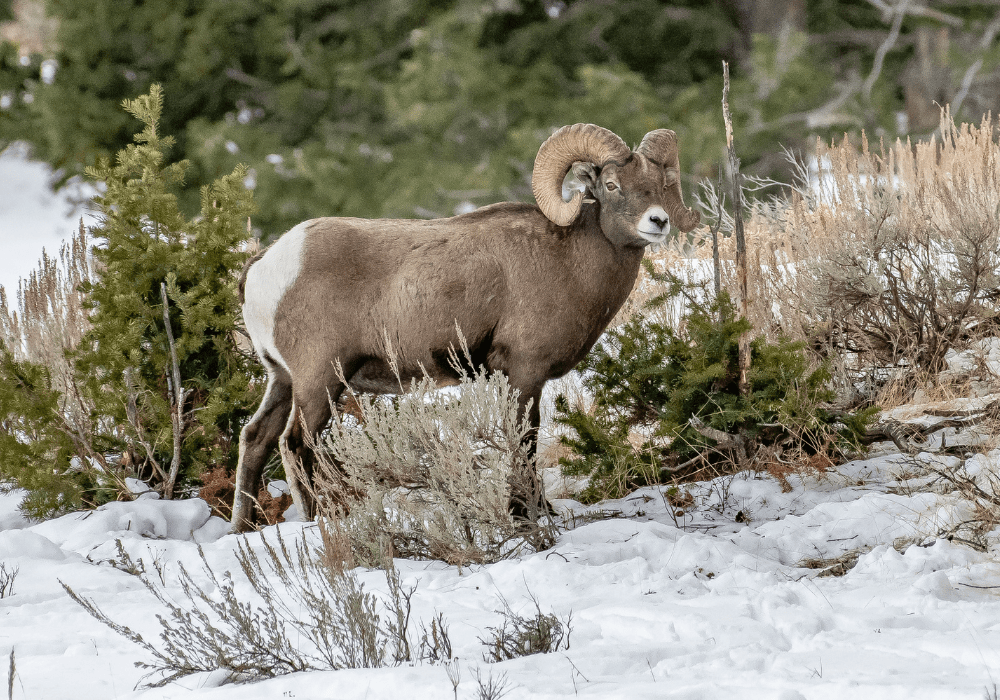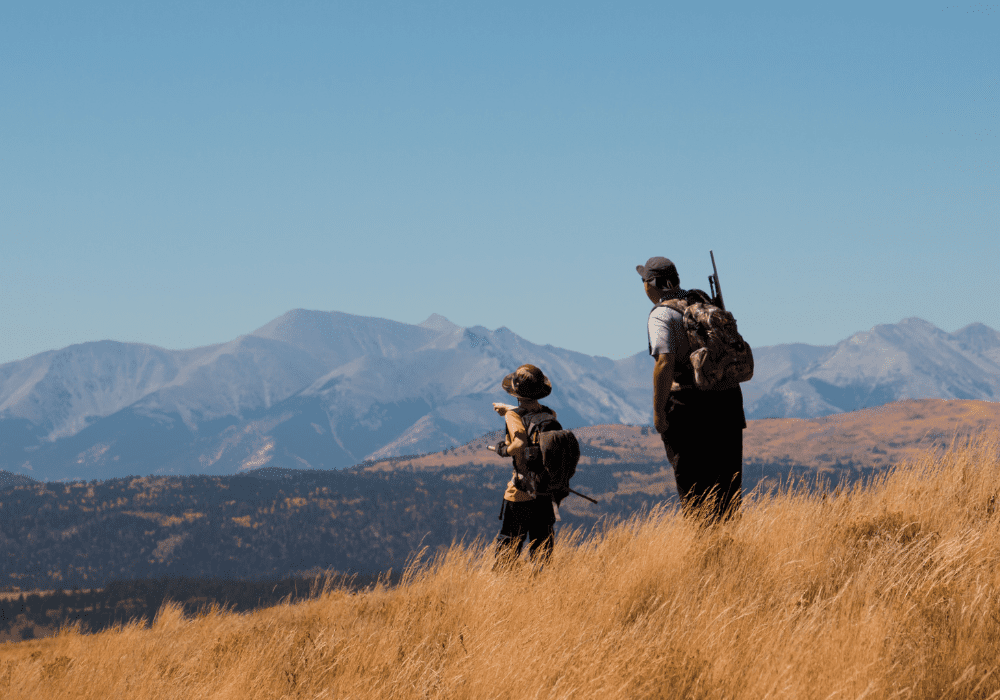
How to Get Into Hunting – All Your Questions Answered
Each person has a reason to get into hunting.
Whether it be to get some quality protein on the table, learn more about the natural world, help in wildlife and habitat conservation efforts, or simply to enjoy the fun and thrill of the hunt. Whatever reason you have, hunting is a culture steeped in tradition dating back to when our ancestors didn’t have the choice of driving to the grocery store or ordering take-out.
Learning to hunt when you’re young can be hard. Learning to hunt when you’re more advanced in years can be harder. For those of us who have never hunted in our younger years, getting into hunting seems too steep of a learning curve to traverse.
Table of Contents
What You Need to Know About Hunting
While it can be hard to get into hunting as an adult with no ties to it, it’s not impossible. As an aspiring hunter, you’ll likely have a lot of questions about this culture. We attempt to answer the most common questions below.
1. What Should I Hunt?
So you’re “getting into hunting”. But what does that mean?
People who don’t hunt may nod their head in understanding when you say that but for actual hunters, it’s like you’re saying “I like playing games” without specifying what type of game exactly. Card games? PC games? Tabletop games?
Specify.
That specificity also applies to hunting. There’s a huge variety of game animals to choose from. Here’s a list of 8 you can harvest — and that’s just for North America. These include the following:
- Canada Moose
- Caribou
- Cougar
- Gray Wolf
- Grizzly Bear
- Rocky Mountain Elk
- Turkey
- Wild Boar
What you choose to hunt dictates and what equipment and gear you need to get and what skills you need to learn. Pick what you think you’d enjoy and start planning from there.
2. Do I Need Some Kind of Authorization?
Yes. You’ll need a hunter’s safety certification course which is required for your hunter’s license.
Back when our ancestors lived in caves, they freely hunted what they needed to survive without the need for any license or permit. This continued until hunters eventually noticed a decline in the number of game animals (as well as fish) due to overhunting. This gave birth to hunting regulations which made hunting a privilege available only to those with a hunting license.
You see:
Most people don’t realize that modern hunting can only be done according to whether a game animal is in season. A hunter must follow restrictions on when, where, and what to hunt and how that hunt can be done, such as when certain areas allow you to hunt wild ducks or turkey only with a bow.
A hunting license ensures that hunters are well-educated on how to conduct a legal and ethical hunt. The funds raised from these licenses also help pay for wildlife and habitat conservation efforts.
3. What if I’m Not Used to the Outdoors?
To be a hunter is to be used to roughing it outdoors. You can’t bring home the bacon while sitting on your front porch. Wild game won’t just jump in through your window for you to shoot, plus there are laws you need to follow.
You can read up and watch guides on the internet but Google and YouTube can only help you so much. You have to get into the field if you want to truly start your journey as a hunter.
You don’t have to go hunting right off the bat, though. You can start by going on nature hikes and camping in the wild or backcountry. Going on nature trips to observe game species lets you learn how those animals behave and how to look for signs of their presence.
You can also use these trips to practice important skills like stalking, rattling, and calling. It’s cliché but practice does make perfect.
Of course, you’ll need to go out to a shooting range if you want to practice your weapon skills.
This brings us to:
4. What Equipment and Gear Do I Need?
Once you’ve determined what you want to hunt and have received proper education, you can now think about what equipment and gear you’ll need.
If you followed our advice about going out on hikes and camping, you’ll have gotten a sense of what gear you can carry for a certain duration. It also lets you determine what clothing you’ll need to keep yourself warm, cool, or dry.
Go for durability and function over looks. Don’t fall for “starter gear” that’s likely to fail while out on the field.
Also:
Bring only what’s necessary. Extra gear and equipment won’t only lead to extra costs but also the extra weight you have to lug around over hill and dale.
5. What Skills Do I Need as a Hunter?
Telling deer signs, learning duck calls, identifying bear prints, and weapon skills are all essential hunting skills. However, you should also learn and practice skills such as field-dressing, butchering, and cooking. Being a hunter doesn’t end when you shoot your target.
You’ll need to read up and memorize each step before you finally have to use these skills on the field. Doing so will help you out immensely when you need to gut a deer with nothing but your headlamp to help you see. Don’t expect the animal’s guts to be neatly arranged and sorted like in the books.
6. How Do I Become a Better Hunter?
Getting educated about legal and ethical hunting, getting your hunter’s license, then learning and practicing your hunting skills will make you a good hunter. But there are certain steps you can take to be a better hunter.
For instance:
Do some post-season scouting around your hunting area. This lets you take note of game trails, new food sources, stand locations, or bedding areas.
While in the off-season, you can also spend time cleaning your hunting gear. This lets you find signs of wear and tear that you may need to fix before they become big problems out on the field — saving you from a lot of potential hassle and expenses. You can then take the time to organize your gear for maximum convenience.
Remember to keep honing your weapon skills so you don’t get rusty over the winter.
Doing these steps will turn you from a good hunter to a better one.
MORE ADVENTURE RELATED READING:
10 Best Places For Hunting In North America
6 Reasons Hunting Is The Best Method Of Wildlife Conservation
10 Best Places To Hunt In Idaho
10 Best Places To Hunt In British Columbia
Ultimate Camping Checklist – A Guide To Everything You’ll Need
LIKE THIS ARTICLE ON HOW TO GET INTO HUNTING?
Please consider sharing Truth Social & Twitter.
To your next adventure!
-David & Team AdventureHacks
